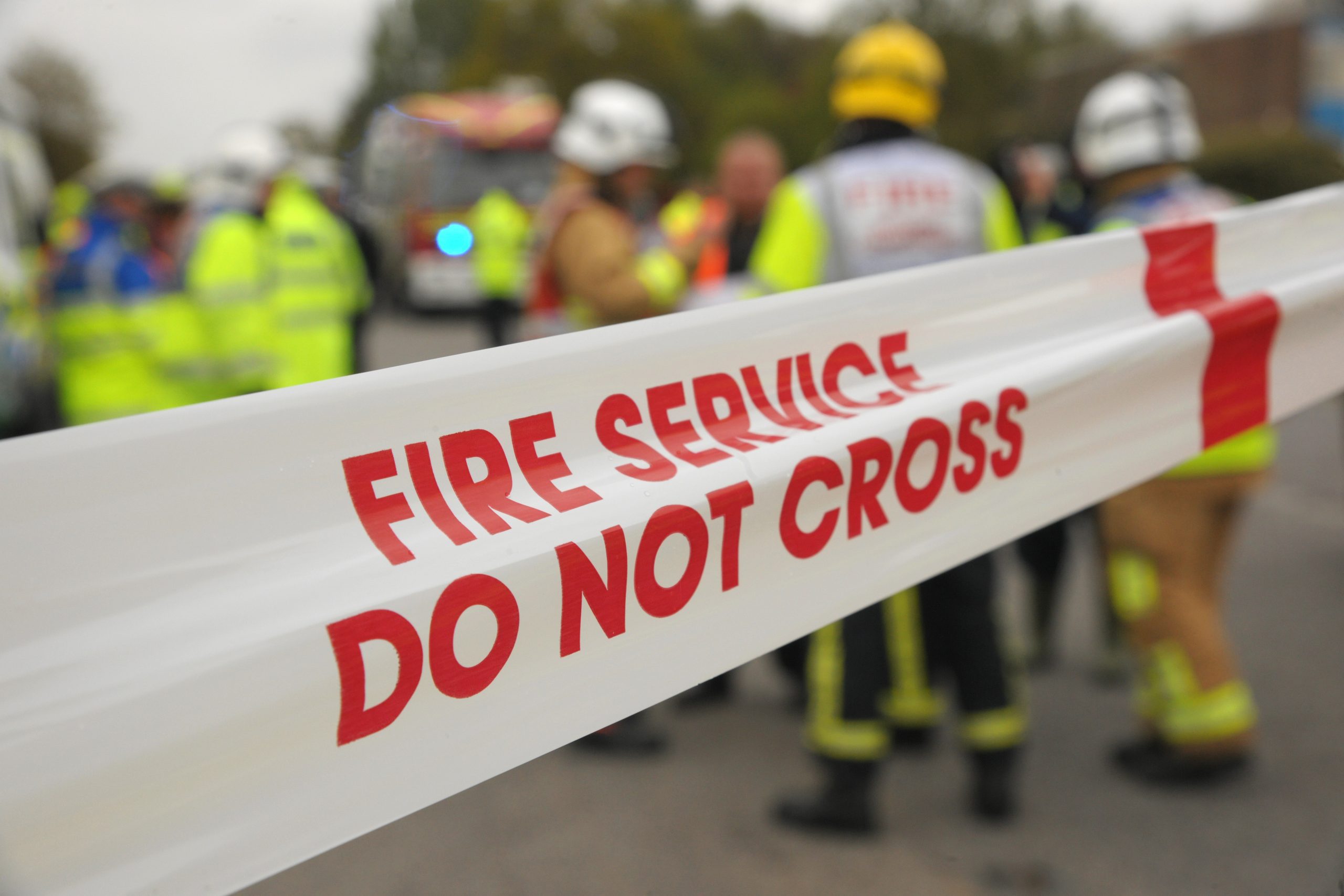As the public inquiry into the Grenfell Tower fire continues, it has become apparent that there is a serious issue with the cladding remediation progress on high-rise buildings across the UK. The use of flammable cladding on buildings has been identified as one of the key factors that contributed to the spread of the fire at Grenfell Tower, which claimed the lives of 72 people. Since then, the government has launched a cladding remediation fund to help fix this problem, but progress has been slow.
In written evidence submitted to the Housing, Communities and Local Government Committee1, it has been made clear that the residents of these buildings are the ones who are at risk if a cultural change in attitude from freeholders and managing agents does not take place. The evidence highlights the fact that many freeholders and managing agents are reluctant to take responsibility for the problem and are delaying cladding remediation works, leaving residents in dangerous situations.
Urgent action needs to be taken to help make Britain’s buildings safe and sustainable. This is key and is echoed throughout the evidence, highlighting the importance of making additional changes now to compel freeholders and managing agents to take action now.
One of the main issues identified in the evidence is the lack of urgency from freeholders and managing agents in addressing the problem of flammable cladding. The evidence suggests that many of these firms are more concerned with avoiding financial responsibility for cladding remediation works, rather than ensuring the safety of residents. This is a worrying attitude and one that needs to change if we are to make progress in fixing this problem.
Another issue highlighted in the evidence is the complexity of the process of cladding remediation. There are a number of different factors that need to be considered when assessing the safety of a building and deciding on the most appropriate course of action. This complexity has led to delays in the cladding remediation process, which is again putting residents at risk.
The evidence also identifies the need for better communication between freeholders, managing agents, and residents. It is essential that residents are kept informed about the progress of cladding remediation works and any potential risks that they may be facing. This will help to reduce anxiety and ensure that residents feel safe in their homes.
Overall, the evidence paints a worrying picture of the situation facing residents of high-rise buildings with flammable cladding. It is clear that urgent action is needed to address this problem and ensure that buildings are safe and sustainable. This will require a cultural change in attitude from freeholders and managing agents, who must take responsibility for cladding remediation works and put the safety of residents first.


0 Comments